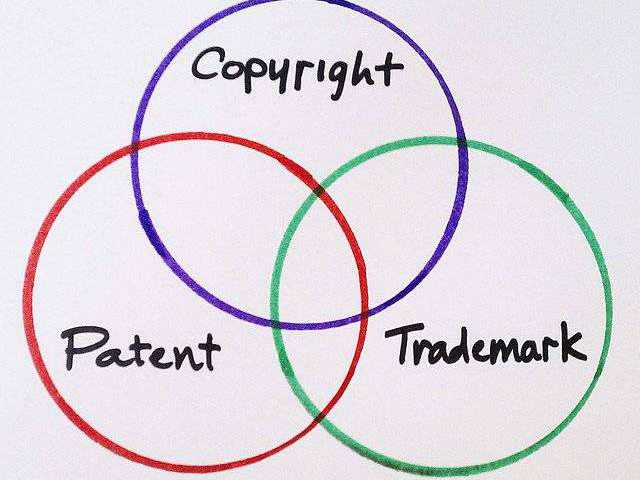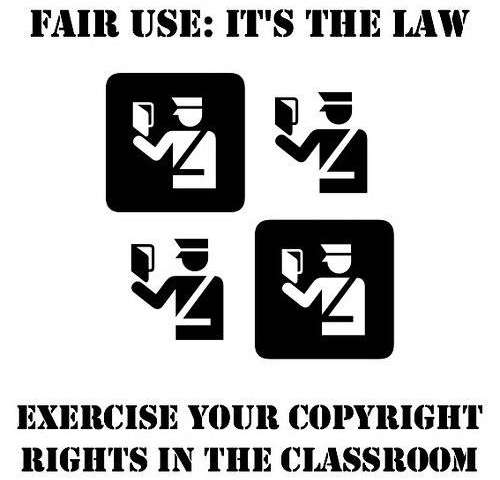The Marrakesh Treaty, which focuses on the rights of the blind, visually impaired or print disabled persons, with respect to access to copyrighted works was signed on June 27th, 2013. The underlying objective of the Treaty has been to incorporate certain exceptions to the national laws of countries, in order to provide works in accessible format for persons with print disability. India became the first country to ratify the Treaty and displayed its allegiance to the cause. Bearing in mind the gravity of the Treaty and its possible implications, the MHRD Chair on Intellectual Property Rights & Centre for Intellectual Property Rights and Advocacy (CIPRA), National Law School of India University (NLSIU) is organising a conference “to examine the Marrakesh Treaty provisions, Copyright Act provisions and their implications on the stakeholders—copyright owners, publishing industry, beneficiaries, and others—in India”.
The conference titled “Access to Copyrighted Works for Persons with Disability” will take place on the 26th November 2015, at the Conference Hall, Training Centre, NLSIU, Bangalore. The Chief Guest for the occasion is Ms. Aparna Sharma, who is the Joint Secretary and Registrar of Copyrights. The conference will commence with the Chief Guest addressing the gathering. This will be followed by a key note address by Mr. G. R. Raghavender, Director IPR at Department of Industrial Policy and Promotion (DIPP) and then the presidential address by Prof. (Dr.) Venkata Rao, Vice Chancellor, NLSIU.
Apart from the aforementioned luminaries the subsequent sessions will see participation from other imminent personalities from the field of copyrights, representatives from publishing industry, representatives from organizations for the blind, representatives from developers of compatible software, advocates, academicians and other stakeholders.
Session 1 titled “An Overview of Marrakesh Treaty to Facilitate Access to Published Works for Persons Who Are Blind, Visually Impaired or Otherwise Print Disabled” includes talks by experts like Dr. Kalyan Kankanala (Managing Partner Banana IP Counsels, Visiting Faculty NLSIU, Guest Faculty IIMB), Mr. Pranesh Prakash (Policy Director CIS), Ms Nirmita Narasimhan (Policy Director, CIS) and Dr. S. Elumalai (Assistant Professor, Dr. Ambedkar Law University, Tamil Nadu). The focal point of this session will be fundamental aspects of the Marrakesh Treaty such as exceptions to copyright law, cross border exchange and beneficiaries of the Treaty.
Session 2, titled ‘Copyright Law in India related to Persons With Disability’, will primarily focus on the Indian aspect and will delve into topics such as general exceptions in the copyright law and reproduction under compulsory licensing. The speakers for this session are Dr. Kalyan Kankanala (Managing Partner Banana IP Counsels, Visiting Faculty NLSIU, Guest Faculty IIMB), Mr. Pranesh Prakash (Policy Director CIS), Dr. S. Elumalai (Assistant Professor, Dr. Ambedkar Law University, Tamil Nadu) and Prof. Rajashekar (EFL University, Hyderabad). The Chairperson for the first two sessions will be Mr. G.R. Raghavender.
In keeping with mission and objective of the conference the panel discussion, which is the second last session, will be on the “Implication of Treaty and Copyright Law on the Stakeholders and Beneficiaries”. The panellists for the session are Mr. G. Marippan (Asst. Director, Dept. for the Empowerment of Differently Abled and Senior Citizens, Bangalore), Mr. Gautam Agarwal (National Federation of the Blind), Ms. Madhu Singhal (Managing Trustee, Mitra Jyothi, Bangalore) Mr. Mohan Kumar (Govt. Brail Printing Press, Mysore), Dr. S. Elumalai (Assistant Professor, Dr. Ambedkar Law University), Prof. Rajashekar (Assistant Professor, EFL University, Hyderabad). The Chairperson/Moderator for the panel discussion will be Prof. (Dr) T. Ramakrishna, MHRD Chair Professor on IPR, NLSIU.
The conference will be an enriching experience for all attendees as it aims not only to examine the provisions of the Treaty but the effects it will have on difference sections of the society. Further, the conference will shed light on the extent to which the Treaty will be able accomplish its intended purpose of reducing the roadblocks with respect to accessibility for the blind, visually impaired and print disabled persons.
For more information on the conference please write to cipra@nls.ac.in.
Image Source/Attribution here, governed by Creative Commons License CC BY – SA 4.0



